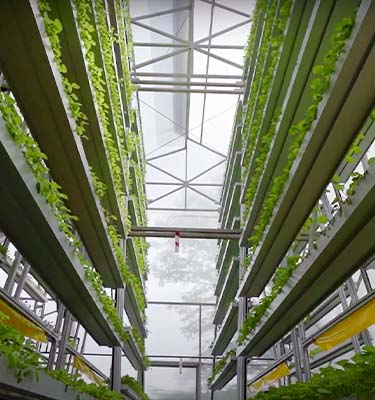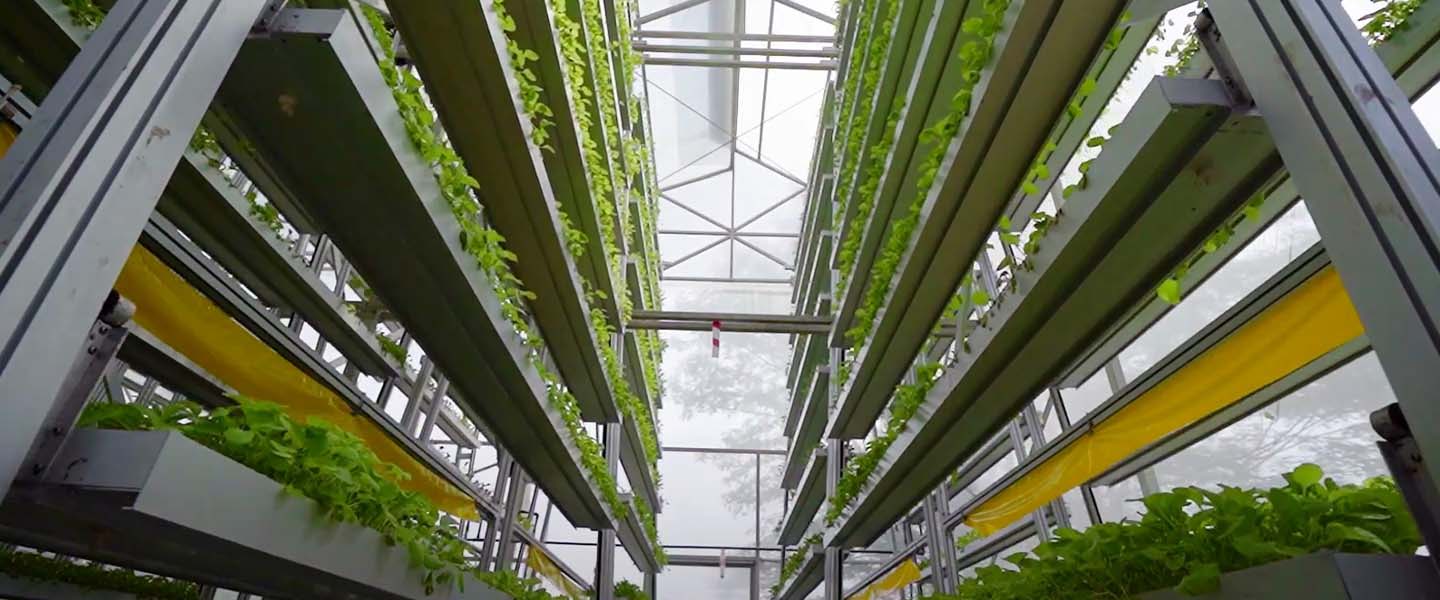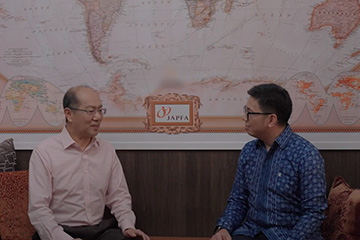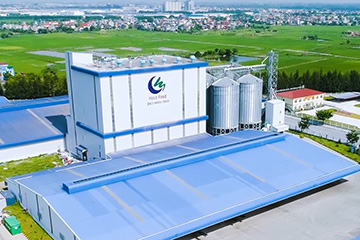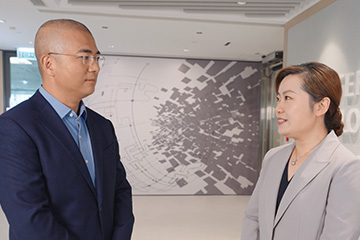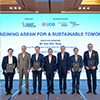About this series
Building Asia is a collection of business stories on CNA that examines the financial forces driving Asia's position as an economic powerhouse.
Sky Greens – Engineering the Future of Farming is the 11th episode in the Building Asia with UOB series and was first aired on 12 July 2021. It looks at how UOB helped Sky Greens scale up its business model and export its technology overseas through financing.
Transcript
Jack Ng (Inventor & Founder, Sky Greens):
I’m an engineer by training, but (am) also very interested in the problem of food security. So, I decided to use that experience in farming. This was how Sky Greens was founded in 2012. This is the first low carbon, hydraulic vertical farm in the world.
Conventional farming requires a lot of land. This can be a problem in some countries – for example, in Singapore. In other countries, farming can also damage the soil.
I am a solutions provider and I wanted to help farmers – not just in how to produce, but in how to improve their lifestyle. This will also contribute to our food security.
My concept is now in version 20. This is a patented design with its own ecosystem. One pump can serve three operations – fish, shrimp and vegetables.
Eric Tham (Managing Director & Head of Commercial Banking, UOB):
Sky Greens has a very interesting and powerful business model. It is sustainable farming in land-scarce Singapore. It has a strong management team with the vision to transform an idea into reality. They have now started producing quality vegetables with regular supply to local supermarkets.
Jack Ng:
To bring this overseas, I use a franchise model for micro-farms.
In Thailand, a vertical farm system has been built in Chonburi, and we have similar systems in Vietnam and China. In Canada, this system allows them to grow strawberries even in winter.
The farms are also educational, to attract the next generation of farmers.
Eric Tham:
Sky Greens has grown into a company with (the) ability to expand overseas with their IP.
We saw their ability to innovate and execute, not just in green farming but (using) an integrated circular system, including aquaculture.
Jack Ng:
We adopt a “tech company” approach to farming. In order to constantly improve our technology, we need UOB’s financing to help us scale up quickly.
This allows us to meet government requirements and export this technology overseas.
Eric Tham:
We see great potential in sustainability farming. Not just in Singapore, but also in other countries where land quality is variable.
This dovetails with UOB’s strategy to capture opportunities in the region by supporting such a company with similar ambitions.
Jack Ng:
Now, I am exploring the potential of linking up micro-farms globally. This model can offer new income streams, like farm-stay eco-tourism, e-commerce and education.
I do not just want to help today’s farmers. I also want to attract a younger generation to farming.

